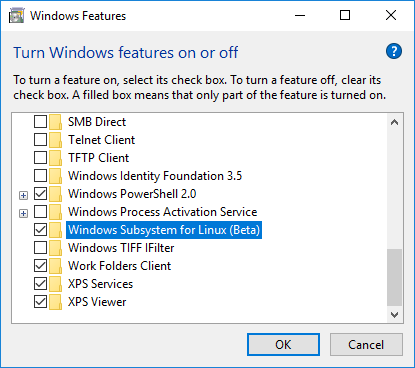1. installing redis driver of PHP
Installing Redis Manually with.tar file on Mac Homebrew is the best way to install any packages on mac but you can also download the zip file and manually install it. Below are the commands to install it manually. Mkdir redis && cd redis.
- Brew installs redis extension of PHP
(1) Search for redis extensions first: brew search php55-(2) Install redis extensions: brew install josegonzalez/php/php55-redis
(3) After installation, you can check whether the installation is successful by command: php-m
(Remarks:php -mThe command can view all PHP extensions installed; it can also request phpinfo () to see if they succeed.
2. Installing MAC redis visual client
- Installing Redis Manually with.tar file on Mac Homebrew is the best way to install any packages on mac but you can also download the zip file and manually install it. Below are the commands to install it manually. Mkdir redis && cd redis.
- .Other versions Old (5.0) Redis 5.0 is the first version of Redis to introduce the new stream data type with consumer groups, sorted sets blocking pop operations, LFU/LRU info in RDB, Cluster manager inside redis-cli, active defragmentation V2, HyperLogLogs improvements and many other improvements.
- Download and install the MAC redis client tool through http://www.pc6.com/mac/486661.
3. Open redis in discuz configuration file
- Open the config/config_global.php file and set up the port configuration of reids, where requirepass is the redis authentication password
- Upload/source/class/memory/memory_driver_redis.php file, init method auth code authentication
- Then open discuz background to see redis related configuration: global performance optimization memory optimization
Memory cleaning optimization in discuz background memory optimization
Redis uses a standard practice for its versioning: major.minor.patchlevel. An even minor marks a stable release, like 1.2, 2.0, 2.2, 2.4, 2.6, 2.8. Odd minors are used for unstable releases, for example 2.9.x releases are the unstable versions of what will be Redis 3.0 once stable.
Unstable
This is where all the development happens. Only for hard-core hackers. Use only if you need to test the latest features or performance improvements. This is going to be the next Redis release in a few months.Pre-release (6.2)
Redis 6.2 includes many new commands and improvements, but no big features. It mainly makes Redis more complete and addresses issues that have been requested by many users frequently or for a long time.Stable (6.0)
Redis 6.0 introduces SSL, the new RESP3 protocol, ACLs, client side caching, diskless replicas, I/O threads, faster RDB loading, new modules APIs and many more improvements.Docker Hub
It is possible to get Docker images of Redis from the Docker Hub. Multiple versions are available, usually updated in a short time after a new release is available.In the Cloud
Get a free-for-life Redis instance with Redis Cloud Essentials from Redis Labs, the home of Redis.
*Other versions
Old (5.0)
Redis Client For Windows
Redis 5.0 is the first version of Redis to introduce the new stream data type with consumer groups, sorted sets blocking pop operations, LFU/LRU info in RDB, Cluster manager inside redis-cli, active defragmentation V2, HyperLogLogs improvements and many other improvements. Redis 5 was release as GA in October 2018.
Redis Client Download Mac Installer
See the release notes or download 5.0.10.
Redis Desktop Manager For Mac
*Other
Historical downloads are still available on https://download.redis.io/.Scripts and other automatic downloads can easily access the tarball of the latest Redis stable version at https://download.redis.io/redis-stable.tar.gz, and its respective SHA256 sum at https://download.redis.io/redis-stable.tar.gz.SHA256SUM. The source code of the latest stable release is always browsable here, use the file src/version.h in order to extract the version in an automatic way.
*How to verify files for integrity
The Github repository redis-hashes contains a README file with SHA1 digests of released tarball archives. Note: the generic redis-stable.tar.gz tarball does not match any hash because it is modified to untar to the redis-stable directory.
*Installation
*From source code
Download, extract and compile Redis with:
The binaries that are now compiled are available in the src directory. Run Redis with:
Redis Desktop Client
You can interact with Redis using the built-in client:
*From the official Ubuntu PPA
You can install the latest stable version of Redis from the redislabs/redis package repository. Add the repository to the apt index, update it and install:
*From Snapcraft
You can install the latest stable version of Redis from the Snapcraft marketplace:

Redis Client Tool
Are you new to Redis? Try our online, interactive tutorial.
